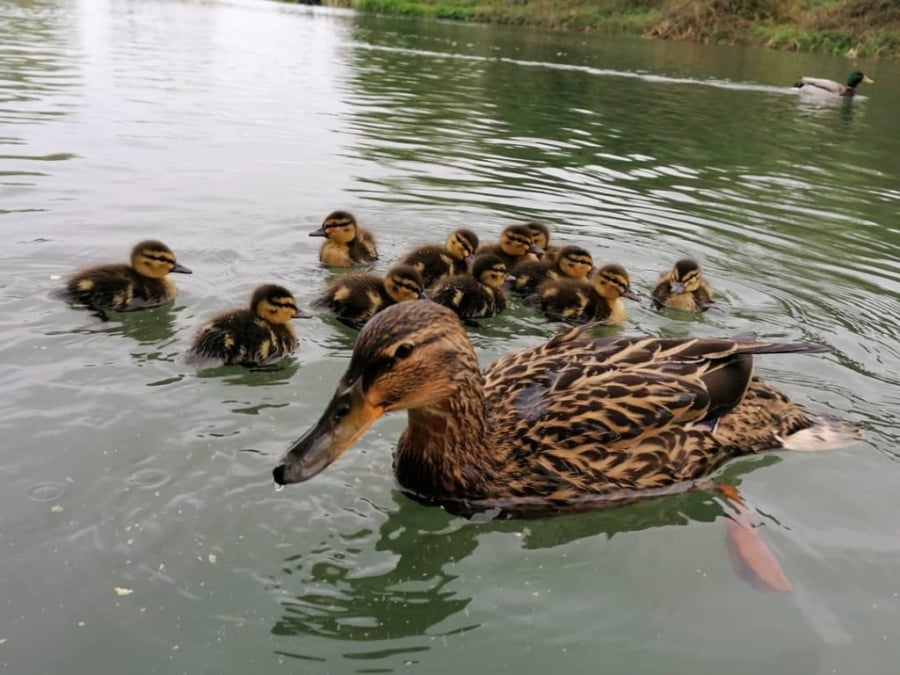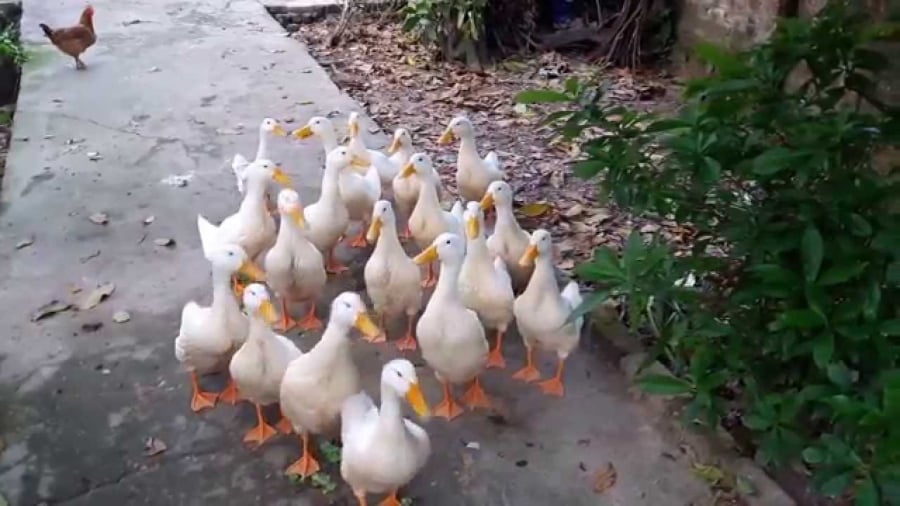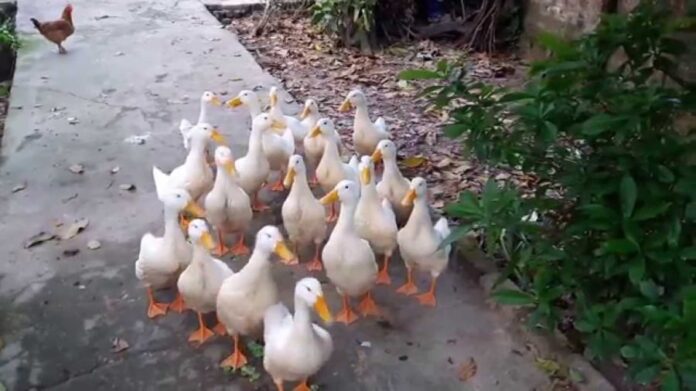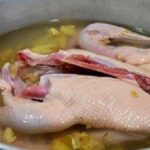While most animals seek shelter from harsh weather, ducks seem unbothered by heavy rain or storms. What gives them the confidence to face such adverse conditions?

Why Are Ducks Unfazed by Rain and Storms? They Have a Secret Weapon
1. Body Structure Adapted for the Weather
Ducks have a thick coat of feathers with a unique ability to repel water. Their feathers are coated with a natural oil produced by sebaceous glands, keeping them dry. This not only helps ducks stay warm during cold days but also provides an effective barrier against rain. Ducks can continue their activities without getting soaked or feeling uncomfortable when it rains.
2. Superior Swimming Abilities
Being aquatic animals, ducks are excellent swimmers. During rain and storms, they can freely swim, forage for food, and interact with their peers. This ability not only ensures their survival but also allows them to thrive in wet conditions.
3. Social Behavior and Living Habits
Ducks are social creatures, typically living in groups. When a storm approaches, they move together, forming a large flock. This herd behavior provides a sense of security and facilitates finding safer shelter if needed. Additionally, living in a crowded environment helps them share body heat, mitigating the impact of cold weather.
4. Natural Instincts and Survival Skills
Ducks have survived and evolved over millions of years, developing strong survival instincts. When faced with rain or storms, they tend to move towards safer areas, such as grassy shores or places with vegetation for cover. They can also sense changes in the weather, prompting them to seek shelter proactively.
5. Feeding Habits and Environment
Ducks typically feed on aquatic plants, algae, and insects available in their water habitat. During rainy weather, these food sources may become more abundant as nutrients are washed into the water from the land. Foraging for food in the rain is not just a habit but also an opportunity for ducks to take advantage of a richer food supply.

Ducks’ Resilience to Rain and Storms: A Combination of Biological Traits and Social Behaviors
Their water-resistant feathers, superior swimming skills, social nature, survival instincts, and feeding habits have equipped ducks to navigate the challenges posed by harsh weather. These factors contribute to their resilience and adaptability, showcasing the unique strategies different species employ for survival and growth in the natural world.
The Child With These 3 Traits Is a Sign of Success, and May Become a Great Person
The talented child often exhibits certain outstanding traits from a young age. These exceptional characteristics set them apart and hint at their future potential. While some may view these early signs as mere indicators of promise, they are, in fact, glimpses into the extraordinary abilities that these children possess. It is essential to recognize and nurture these talents, as they can shape not only the child’s future but also contribute significantly to the world around them.




































